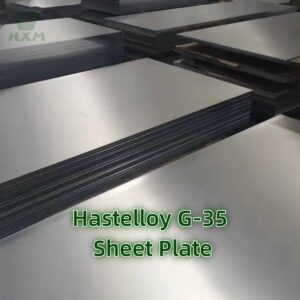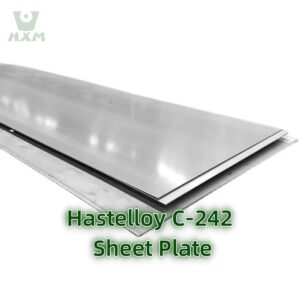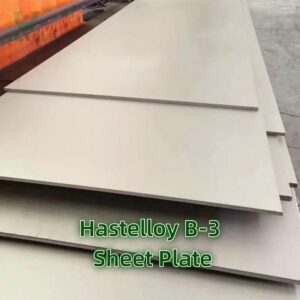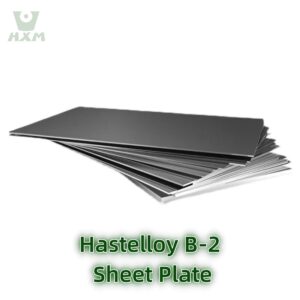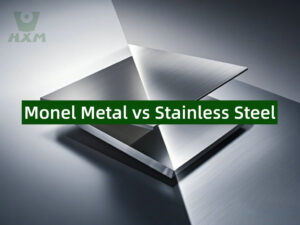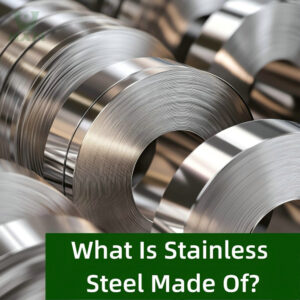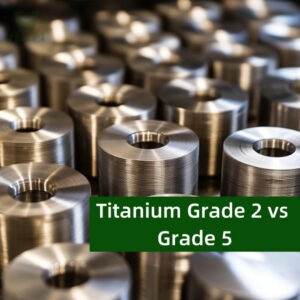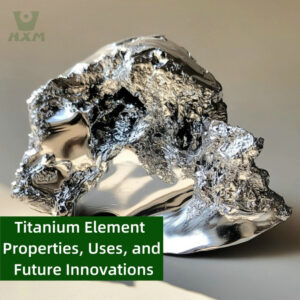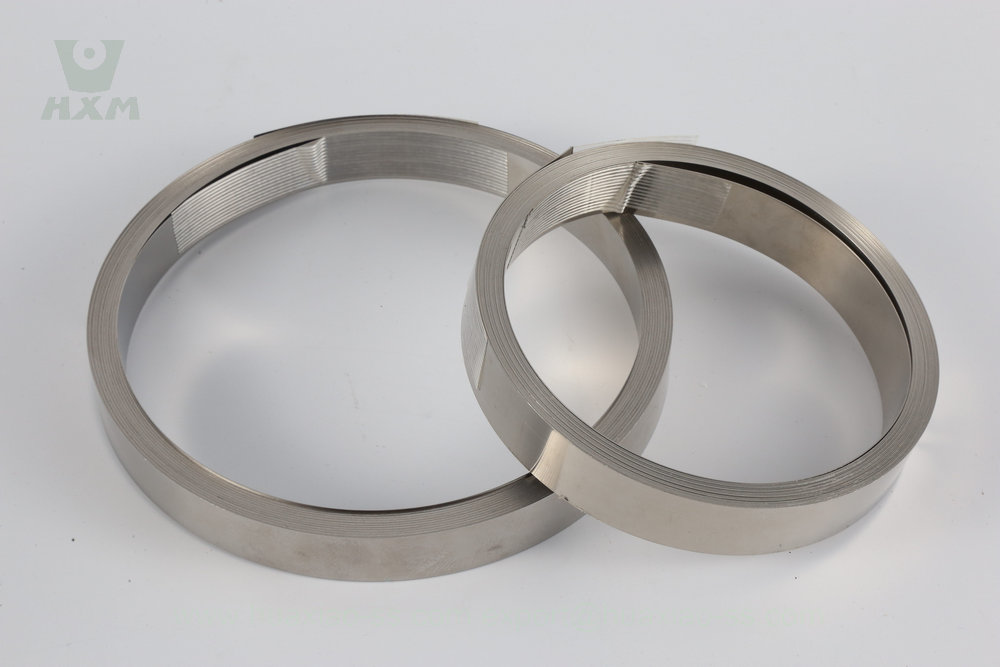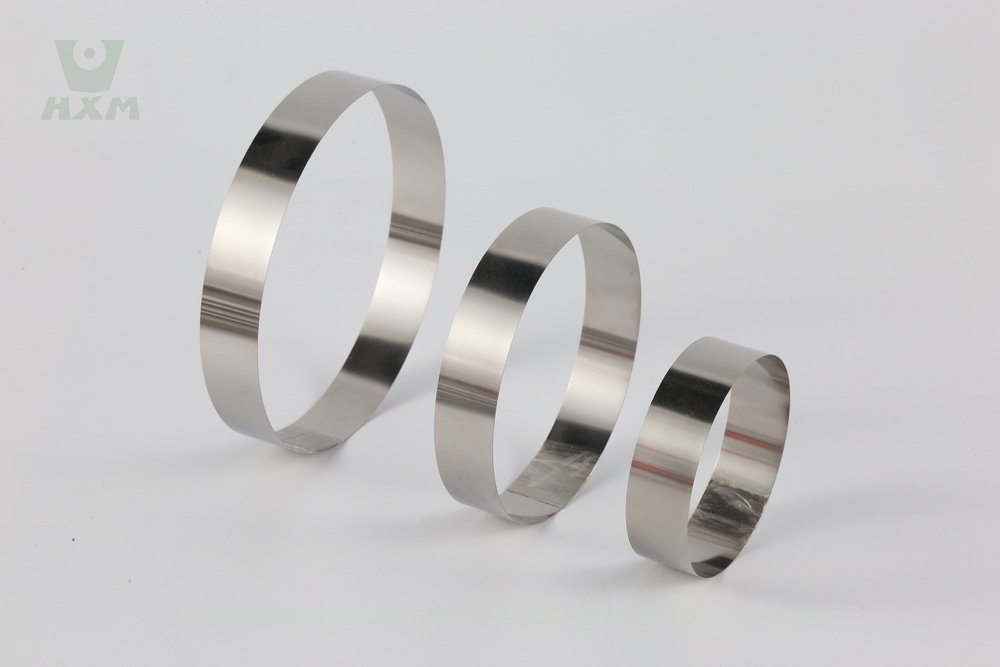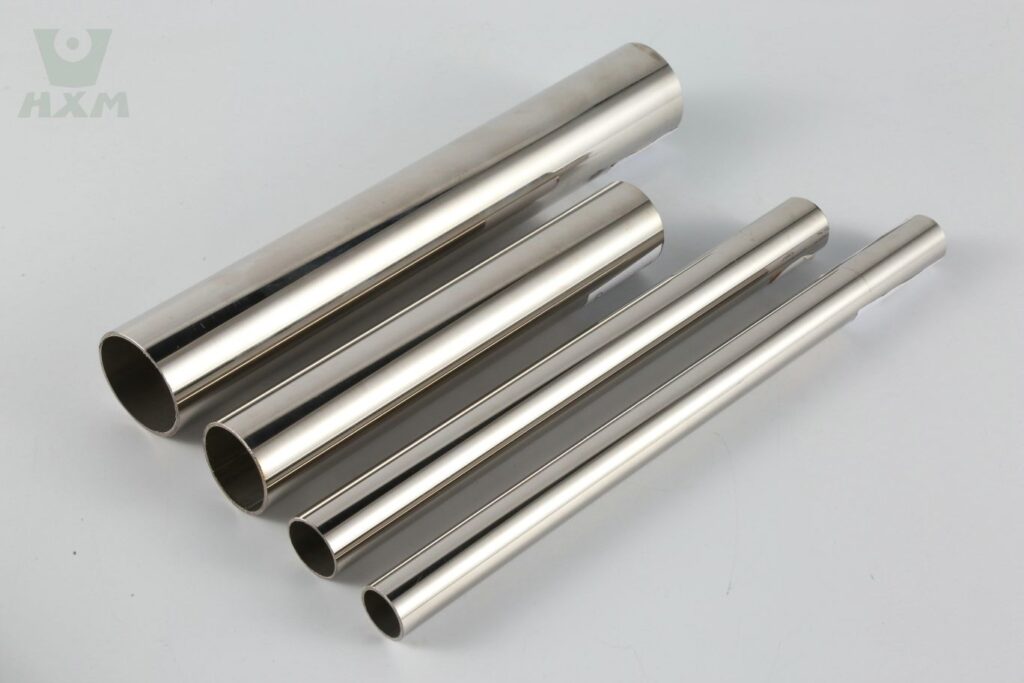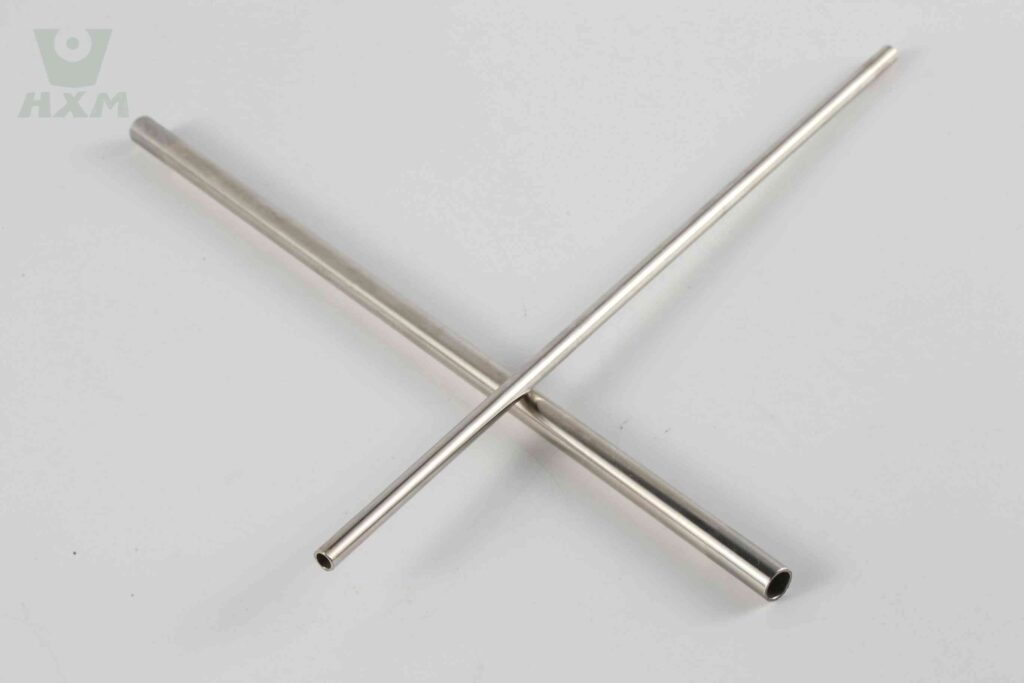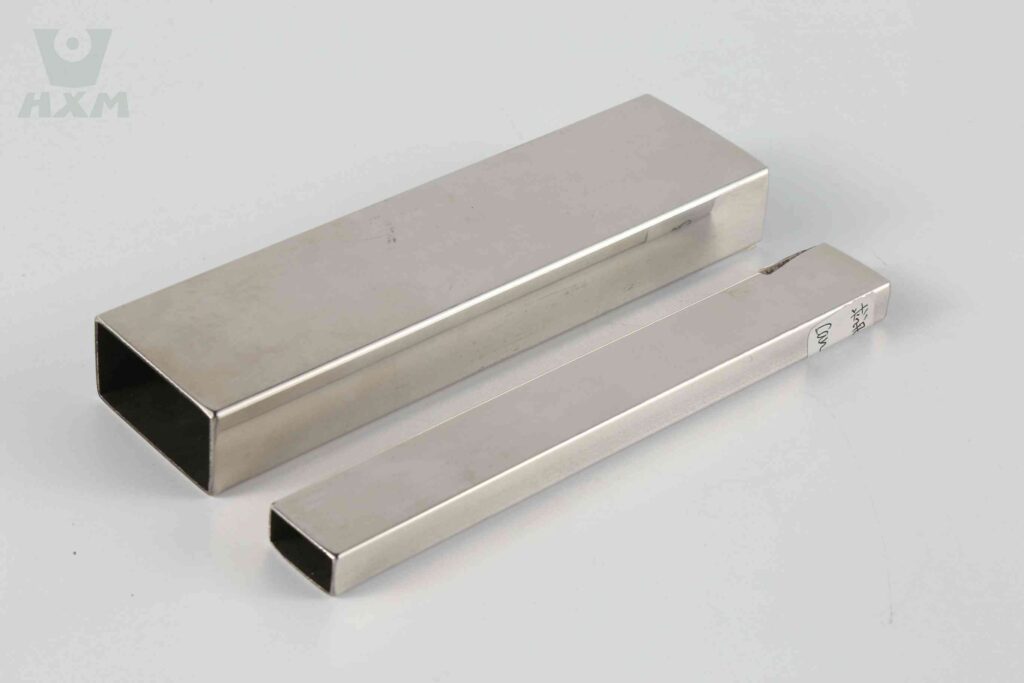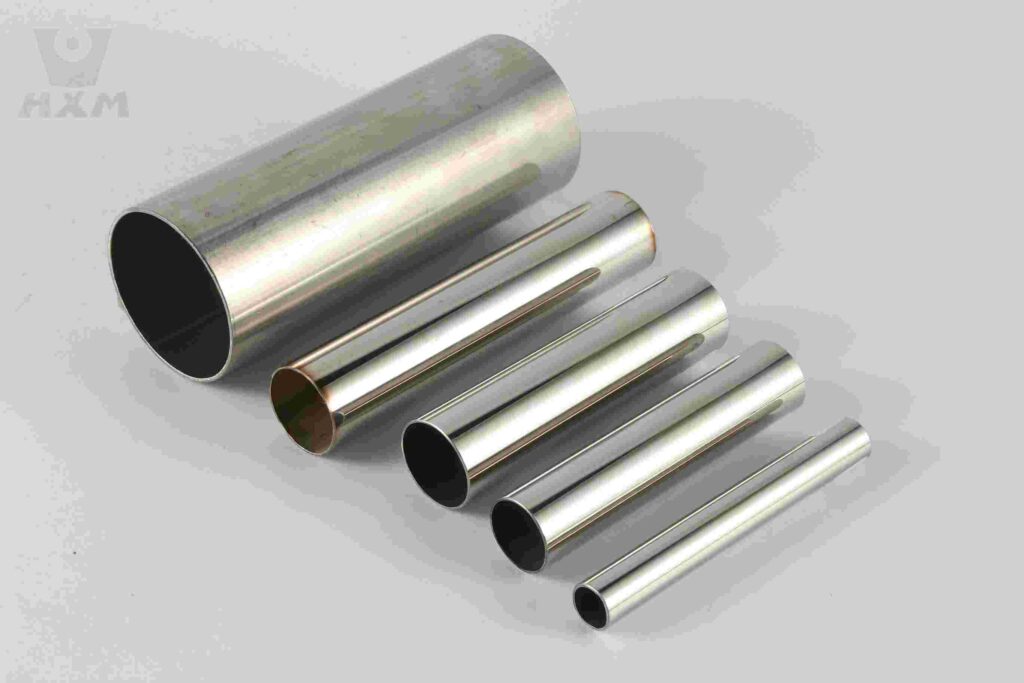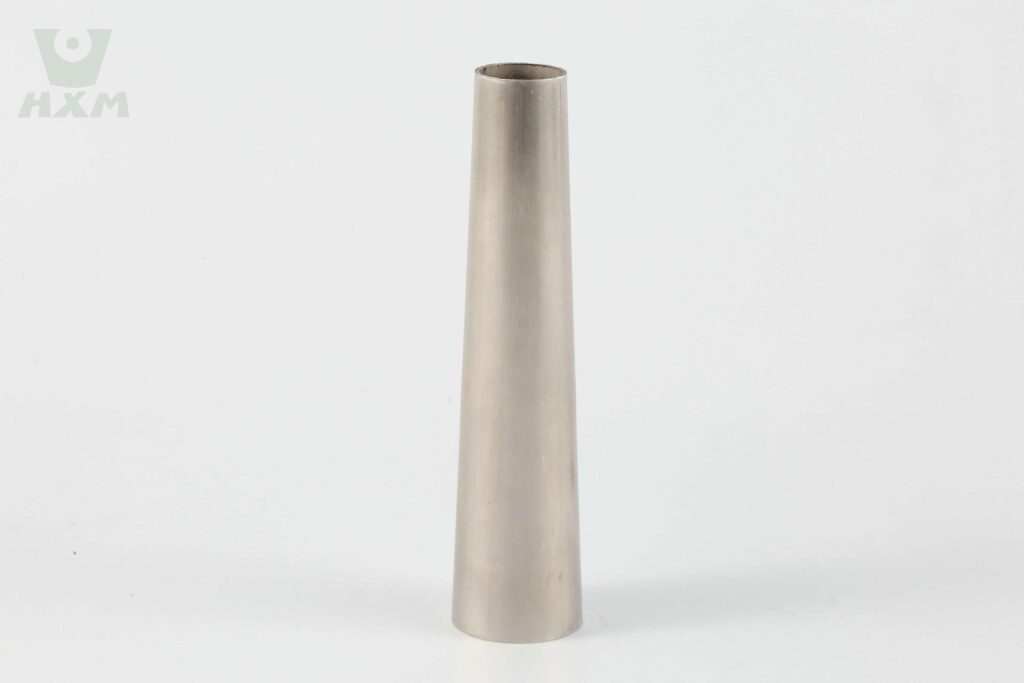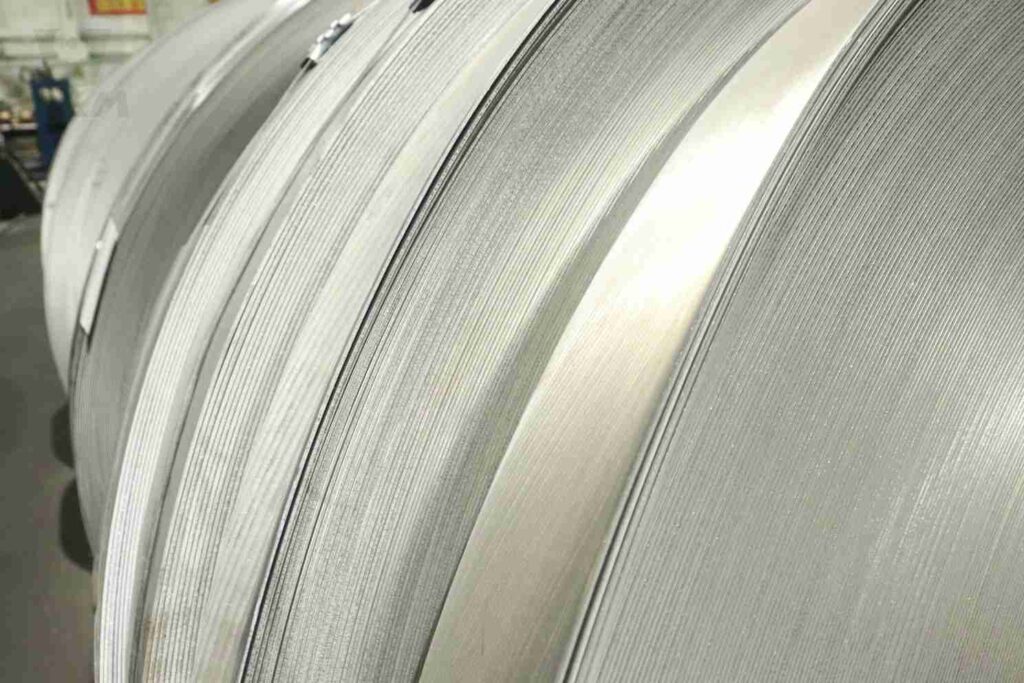
Hastelloy is a registered trademark of Haynes International, Inc., and refers to a family of nickel-based superalloys known for their exceptional resistance to corrosion, high temperature, and stress. These alloys are commonly used in chemical processing, aerospace, and marine applications due to their durability in extreme environments.
While Hastelloy is the widely recognized name, there are a few other ways people may refer to these materials. Here’s another name for Hastelloy and classifications that relate to Hastelloy alloys:
Please inquire now about your steel needs.
1. Nickel-Based Superalloy
Hastelloy is part of a broader category called nickel-based superalloys. These are high-performance alloys that contain a large percentage of nickel, along with elements like chromium, molybdenum, and tungsten. When someone refers to nickel-based superalloys, they may be talking about Hastelloy and other similar alloys, such as Inconel or Monel, which offer high-temperature resistance and durability.
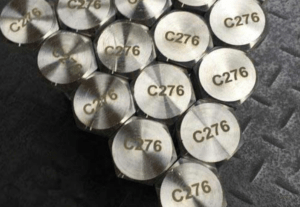
Hastelloy C-276 belongs to nickel-molybdenum-chromium-iron-tungsten nickel-based alloy, which is one of the most corrosion-resistant modern metal materials.
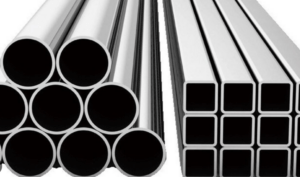
Hastelloy X is a nickel-based superalloy known for its exceptional high-temperature strength and oxidation resistance.
2. Alloy C and Alloy X Series
Hastelloy alloys are often referred to by their specific series or grade, particularly in industrial and technical settings. Some common grades within the Hastelloy family include:
- Alloy C-276: One of the most well-known Hastelloy alloys, known for its resistance to pitting, stress corrosion cracking, and acidic environments.
- Alloy C-22: Known for enhanced corrosion resistance in aggressive environments.
- Alloy X: Known for high-temperature strength and oxidation resistance, especially in aerospace and furnace applications.
In technical documentation, these alloys may simply be referred to as Alloy C-276, Alloy C-22, or Alloy X without specifically mentioning the Hastelloy trademark.

Hastelloy C-276 belongs to nickel-molybdenum-chromium-iron-tungsten nickel-based alloy, which is one of the most corrosion-resistant modern metal materials.

Hastelloy X is a nickel-based superalloy known for its exceptional high-temperature strength and oxidation resistance.
3. UNS Number Designation
In many industrial settings, materials like Hastelloy are referenced using their Unified Numbering System (UNS) designations, which provide a standardized identifier for various alloys. For example:
- Hastelloy C-276 is also known as UNS N10276.
- Hastelloy C-22 is also referred to as UNS N06022.
UNS numbers are used globally in specifications, contracts, and technical documents, so it’s common to see Hastelloy referred to by its corresponding UNS number.
4. Nickel-Chromium-Molybdenum Alloys
Hastelloy is often classified as a nickel-chromium-molybdenum alloy, referring to its core alloying elements. This term describes the specific composition of Hastelloy and similar alloys that contain high levels of nickel, along with chromium and molybdenum, to provide superior corrosion resistance. In discussions about material properties, the term “nickel-chromium-molybdenum alloy” may be used interchangeably with Hastelloy.
Conclusion: Another Name for Hastelloy
While Hastelloy is the trademarked name for a family of high-performance nickel alloys, it may be referred to in different ways depending on the context. Alternative names and classifications include:
- Nickel-based superalloy
- Alloy C series (e.g., Alloy C-276, Alloy C-22)
- UNS designations (e.g., UNS N10276, UNS N06022)
- Nickel-chromium-molybdenum alloy
Each of these terms relates to the same category of high-performance materials, helping industries identify and utilize Hastelloy alloys for their extreme durability and corrosion resistance. Whether you see it as Hastelloy, Alloy C, or by its UNS number, this material remains a critical player in environments requiring top-notch performance under harsh conditions.

Hastelloy C-276 belongs to nickel-molybdenum-chromium-iron-tungsten nickel-based alloy, which is one of the most corrosion-resistant modern metal materials.

Hastelloy X is a nickel-based superalloy known for its exceptional high-temperature strength and oxidation resistance.
Hastelloy is part of a family of nickel-based superalloys developed by Haynes International. While “Hastelloy” is the trademark name, the individual alloys within the Hastelloy family are often referred to by their specific grades, such as Alloy C-276 or Alloy C-22. Additionally, they may be identified by their Unified Numbering System (UNS) designations, such as UNS N10276 for Hastelloy C-276.
The common name for Hastelloy is nickel-chromium-molybdenum alloy, as it primarily consists of these elements. The most recognized grades in this family are Hastelloy C-276 and Hastelloy C-22, both known for their exceptional corrosion resistance in harsh environments. These materials are typically referred to by their alloy numbers in technical settings.
Materials similar to Hastelloy include other nickel-based superalloys like Inconel and Monel, which also offer excellent corrosion resistance and high-temperature performance. Specifically:
- Inconel: Another nickel-chromium alloy known for its oxidation and high-temperature resistance, often used in aerospace and high-heat applications.
- Monel: A nickel-copper alloy with strong resistance to corrosion, particularly in marine and chemical processing environments.
Both Inconel and Monel are similar in some properties but tailored to different environmental and mechanical requirements.
No, Hastelloy and Inconel are not the same, though they share similarities as nickel-based superalloys. Hastelloy is primarily known for its corrosion resistance, especially in acidic and chemical environments, while Inconel is designed to withstand extremely high temperatures and oxidation. Each alloy is optimized for specific industrial applications based on its chemical composition.
No, Monel and Hastelloy are not the same. Monel is a nickel-copper alloy, known for its resistance to corrosion in saltwater and marine environments. In contrast, Hastelloy is a nickel-chromium-molybdenum alloy that offers superior resistance to a wider range of chemicals and acids. While both are corrosion-resistant, they serve different purposes based on the environments in which they are used.
Hastelloy is not technically a type of steel, but rather a nickel-based superalloy. While steel is primarily an iron-carbon alloy, Hastelloy’s main element is nickel, along with chromium and molybdenum, which gives it superior resistance to corrosion and high-temperature degradation. It is used in environments where traditional steel would not perform well, such as chemical processing and high-temperature applications.
What’s Another Name for Hastelloy?
Call Us Now!!!

